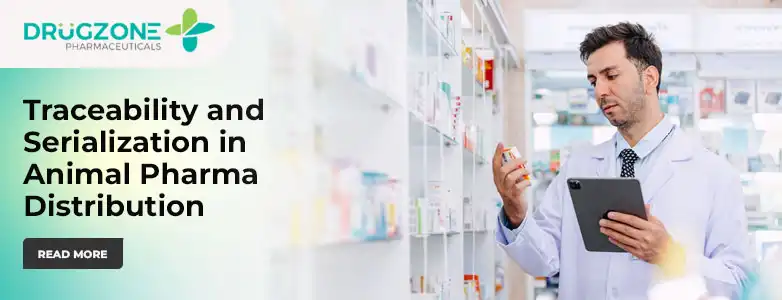
Posted On: April 09, 2025
PwC Report Highlights Transformative Trends in Pharma for 2025 and Beyond
The pharmaceutical industry is on the verge of a new era. According to PwC’s recent report titled Next in Pharma: The 2025 Outlook – The Future is Now, the next wave of growth will be defined by how boldly companies can reinvent themselves.
From cutting-edge R&D strategies to tech-powered operations and evolving business models, the message is clear - the future of pharma is already here, and only the most agile players will thrive.
While much of the attention falls on drugmakers and biotech firms, pharmacy distributors play an equally crucial role in this transformation. As companies rethink how drugs are developed, produced, and delivered, distributors certainly need to evolve to match the speed and complexity of change.
Understanding the Report Highlights
The PwC report, Next in Pharma – The 2025 Outlook is a strategic industry update that highlights the major trends shaping the while urging pharma companies and pharmacy distributors to adapt quickly to stay competitive.
Sure! Here’s a simplified and human-like explanation of each of the trends in two paragraphs each:
1. Transformative Power of Artificial Intelligence
Artificial Intelligence is changing the way we work and make decisions. AI is now helping us understand complex problems, predict outcomes more accurately, and respond faster than ever before.
Whether it’s helping a company analyze customer behavior or assisting doctors in diagnosing diseases, AI is becoming a powerful decision-making tool across industries.
As AI technology keeps advancing, its impact will only grow. Organizations that use AI effectively can become more efficient, innovative, and competitive. They’ll be able to process huge amounts of data in seconds, make smarter choices, and get better results.
2. Advancing Our Understanding of Human Biology
Thanks to massive amounts of health data and stronger computing power, we’re learning more about the human body than ever before. Scientists can now dig deeper into how our biology works, what makes us sick, and what treatments might work best for us.
This progress helps us better understand disease risks and can lead to discovering new, more effective ways to treat or even prevent illnesses.
This new understanding opens the door to personalized medicine i.e. treatments that are tailored to individual people based on their genetic makeup and health history. In the long run, this could mean faster development of breakthrough medicines and a much more precise approach to healthcare.
3. Global Efforts to Make Medicines More Affordable
Around the world, the pressure to reduce the cost of medicines is growing. In the U.S., where drug prices are often much higher than in other countries, laws like the Inflation Reduction Act are aiming to bring prices down.
At the same time, pharmacy distributors are facing more competition and are adopting pricing strategies to stay relevant in a changing market.
The goal is to make medications more affordable and accessible to everyone. With more treatment options becoming available and governments getting involved, the entire industry is being pushed toward more transparent and fair pricing.
This shift could improve healthcare equity and ensure that more people benefit from medical advances without being burdened by high costs.
4. Health-Conscious and Informed Consumers
Modern consumers are taking more control over their health. Raat din meoli relying on the doctors, they’re using tools like wearables, genetic tests, and AI platforms to understand their own health better.
Health is now seen not just as a medical concern but as something that affects finances, lifestyle, and overall happiness.
As people gain access to more personal health data, they’ll be able to make smarter decisions about treatments, diets, and even insurance. They’ll also expect more value from healthcare providers, pushing the system to become more transparent, responsive, and tailored to individual needs.
To sum up, the future of healthcare will likely be more consumer-driven than ever before.
5. Living in an Age of Constant Uncertainty
The world is entering a phase where crisis situations are becoming more common and unpredictable. From cyber attacks to climate disasters and global conflicts, these events are no longer isolated or rare, but they’re becoming a part of everyday life.
The new reality is forcing governments, businesses, and individuals to rethink how they prepare for and respond to disruption.
In such a volatile day-and-age, adaptability becomes even more important. Organizations that build resilience into their operations and plan for uncertainty will have a better chance of thriving.
People, too, will need to become more flexible and informed to navigate this new normal. While the challenges are real, they also offer an opportunity to build stronger, more responsive systems for the future.
Choose Smarter Partnerships for a Better Industry Experience
Pharma distributors now play a bigger role than ever in making sure the right treatments reach the right people, quickly and efficiently.
Drugzone recognizes the alarming need for becoming future-ready. With advanced logistics, real-time tracking, and a wide portfolio of pharmaceutical products, we help pharmacies and healthcare providers meet patient needs effectively.
As a leading pharmacy distributor with a nationwide network in the USA, we make a conscious effort to keep up with the latest developments in the industry.
Frequently Asked Questions (FAQs)
Q. What are the biggest changes the PwC report predicts for the pharma industry by 2025?
The report highlights faster R&D, increased AI use, more M&A activity, and pressure to lower drug prices. These shifts are reshaping how pharma companies and distributors operate.
Q. How will pharmacy distributors be affected by these changes?
Distributors will need to be more proficient with technological solutions. They will also need to project efficiency with handling new demands like personalized medicine and faster supply chains.
Tags
Latest Posts
Similar Posts
-
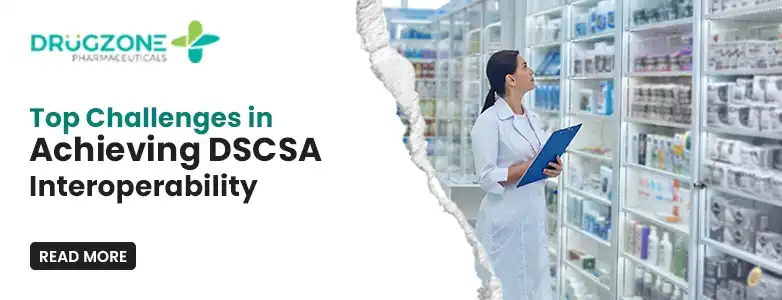
Top Challenges in Achieving DSCSA Interoperability
-

FDA’s Risk-Based Inspection Model: What It Means for You
-
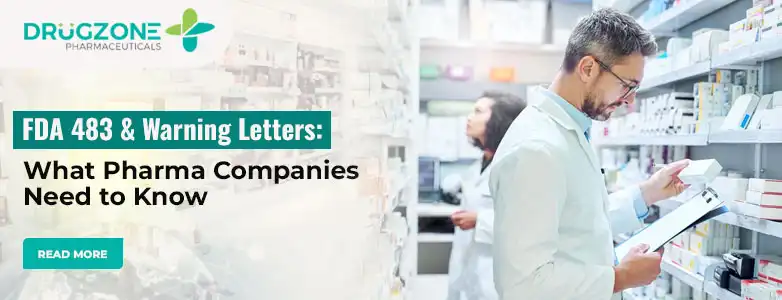
FDA 483 and Warning Letters: What Pharma Companies Need to Know
-
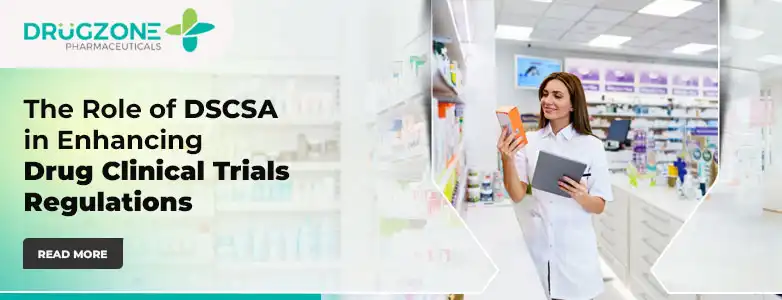
The Role of DSCSA in Enhancing Drug Clinical Trials Regulations
-
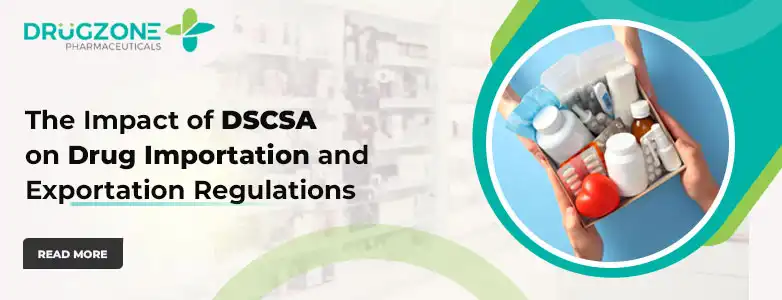
The Impact of DSCSA on Drug Importation and Exportation Regulations

